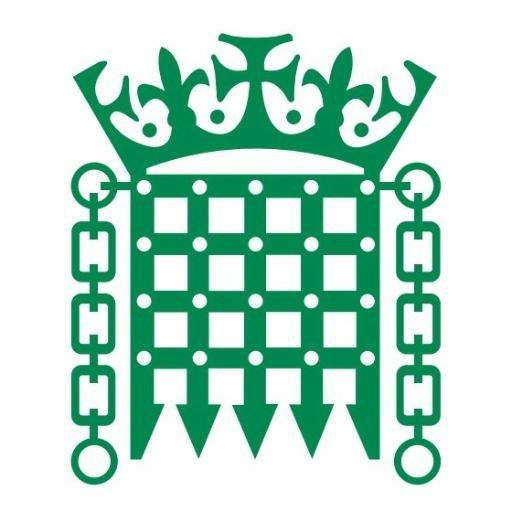
Submitted by Jenny Molloy on Fri, 25/11/2016 - 17:40
Science and Technology Committee launch an inquiry into genomics and genome-editing. The Committee welcomes written submissions by Friday 6 January 2017.
The Committee has decided to undertake an inquiry into genomics and genome-editing. It would welcome written submissions on the following areas:
- The impact of genomics and genome-editing on:
a. wildlife and ecosystems, including potential uses in relation to infectious disease, re-introducing extinct species and controlling predator populations;
b. plants and animals, including in relation to food production; and;
c. human health, with regard to treating disease, avoiding genetic disease and human enhancement. - Whether current regulations in particular areas of genomics and genome-editing are consistent, and whether they are adequate to meet the requirements of different 'product’ and 'process' based approval processes;
- The ethical, social and safety concerns from genomics/genome-editing in the treatment of disease and its impact on the environment;
- Genomics England’s 100,000 sequenced genomes initiative, including its progress and safeguards (including data consent and security);
- The adequacy of investment in infrastructure and skills/training in the NHS to take forward genome medicine; and
- The extent to which genomics should be part of the Industrial Strategy initiative.
Evidence can be submitted through the genomics and genome-editing inquiry page. The Committee welcomes written submissions by Friday 6 January 2017.
Background
The previous Committee reported on Advanced Genetic techniques for crop improvement: regulation, risk and precaution in February 2015. At the beginning of 2016, the Committee included GM and gene editing in its 'evidence check' process. Genomics England is working towards sequencing 100,000 whole human genomes by the end of 2017, supported by 13 Genomic Medicine Centres. In September 2016 the Nuffield Council on Bioethics published an ethical review on genome editing, looking at the potential issues across human health, food production, wildlife and the ecosystem. The Parliamentary Office for Science and Technology (POST) recently published a POSTnote on genome editing which looks at current and future uses of genome editing, how it is regulated and potential concerns.

